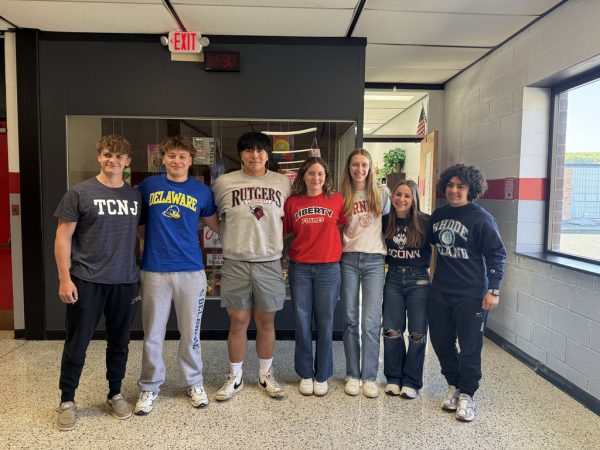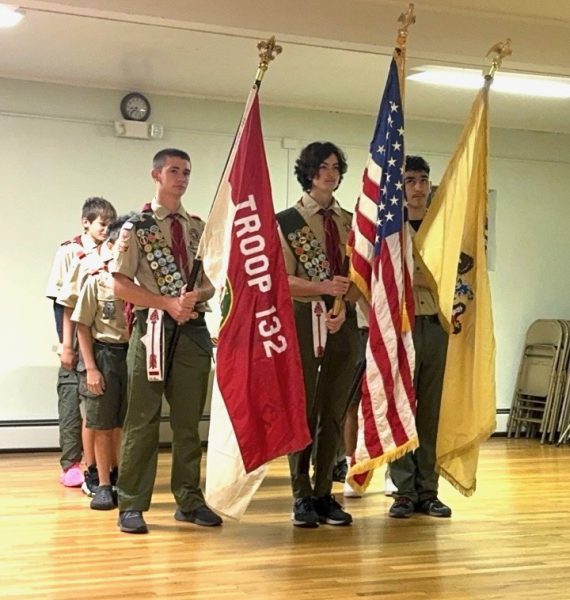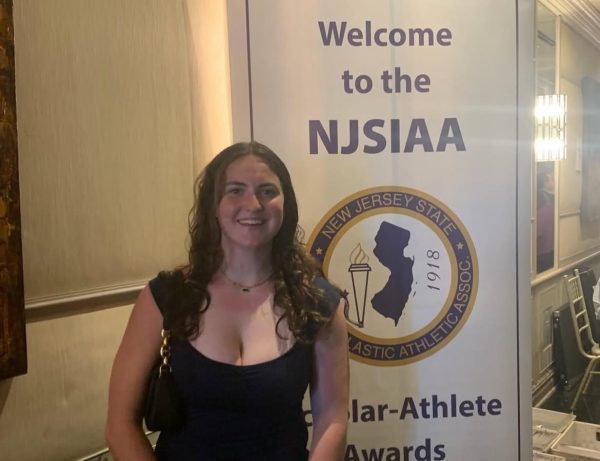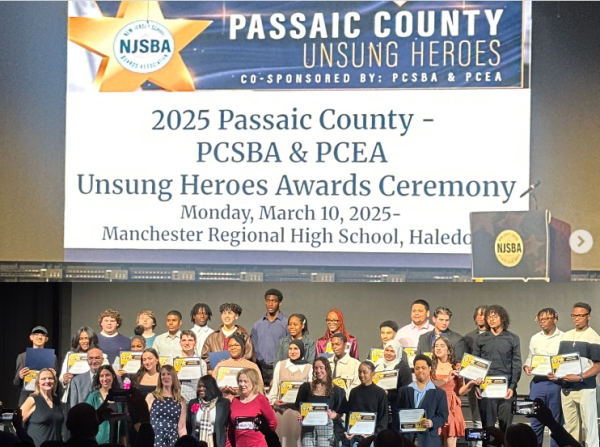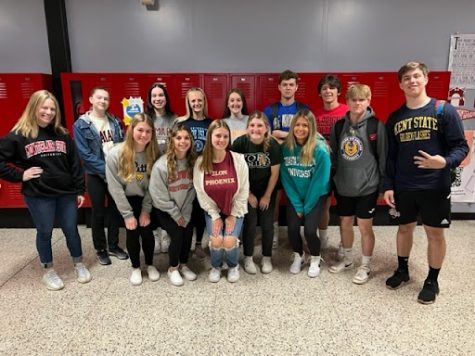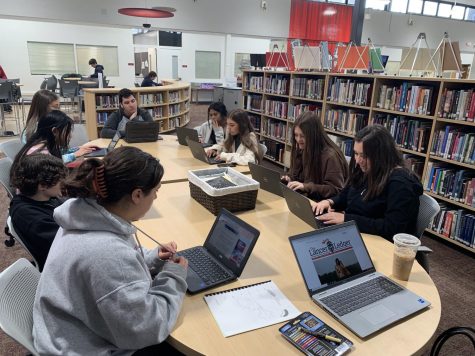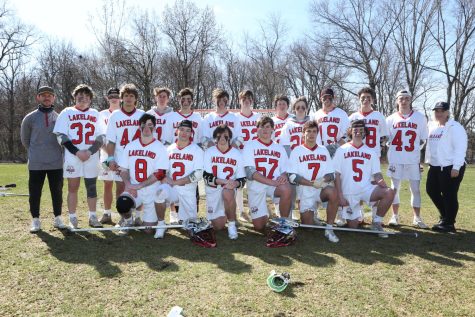The Art of Studying
Image by JESHOOTS-com from Pixabay
Finding your studying niche can lead to academic success.
No matter what type of student you are, studying is truly profitable to increase your grades and confidence in your work. The way you choose to study depends on who you are as a student and a person, and you should use your personal preferences to your study benefit. Here are some preferred tips, methods, and strategies:
-
- Rereading the material isn’t technically studying – Rereading won’t lead to retaining information and instead will lead to forgetting.
- According the Northeastern Junior College, when rereading, fluency is established though understanding is not, recognition or recall, creating the illusion of comprehension instead of embedding information into your long term memory
- Instead of rereading the material, actively engage or make connections to the content – be your own teacher by explaining material to possibly help connect concepts, quiz yourself, and/or create study guides for memorization or simple retention
- Rereading the material isn’t technically studying – Rereading won’t lead to retaining information and instead will lead to forgetting.
-
- Space out studying (over several days/weeks) instead of cramming – When you cram, you can’t concentrate, you don’t learn and you don’t retain any critical information.
- This sound advice, from the tutoring group Oxford Learning, tells students that spaced practice gives the mind time to form connections to build upon and recall later
- Spaced out studying is put into long term memory while cramming is put into short term memory
- Spaced out studying gives you some time to forget information – and when you relearn it, your brain works harder to relearn and recall it in the future
- Space out studying (over several days/weeks) instead of cramming – When you cram, you can’t concentrate, you don’t learn and you don’t retain any critical information.
-
- Create a study schedule – Know how long, when, and what.
- Suggested by the University of North Carolina, it is important to remember how you use your study time instead of how long you study to increase memory of the content
- Create a study schedule – Know how long, when, and what.
-
- Switch up your setting and know what study space is best for you – Know when and where is right for you to be most effective.
- The silence of a library may be just as distracting as the noise of a gym depending on YOU! Also, be careful not to multitask using other devices so you can fully engage and have quality in studying, which is also suggested by the University of North Carolina
- As a New York Time’s article on studying states: “The brain makes subtle associations between what it is studying and the background sensations it has at the time,” the authors say, “regardless of whether those perceptions are conscious.”
- Switch up your setting and know what study space is best for you – Know when and where is right for you to be most effective.
-
- Practice problems, such as math practice problems or questions on technical courses, may help to understand content.
- Taking practice tests gives you an idea of what you have retained and what you need to study more and also serve to decrease test nervousness. According to Mrs. Kali Spoelstra, Lakeland Regional High School teacher who has taught and tutored SAT prep, this is one of the keys to success on standardized tests
- Peterson’s, a test prep company, also states that practice questions may help critical thinking to understand a topic more deeply, the questions you encounter may also be similar to ones on your test.
- Practice problems, such as math practice problems or questions on technical courses, may help to understand content.
Studying is a tool anyone can employ to enhance their grades. Having the ability to say you are a diligent student is absolutely something that shouldn’t be taken lightly because it takes time to discover how you study best. Accomplishing the art of studying is difficult, though it only takes finding what kind of learner you are and who you are as an individual person to create a study plan – and then you’ll be on your way!

Kathryn is a sophomore at LRHS in her first year in Journalism Club. She is involved in the UPAL Physical Therapy program and is a proud Girl Scout. She...



